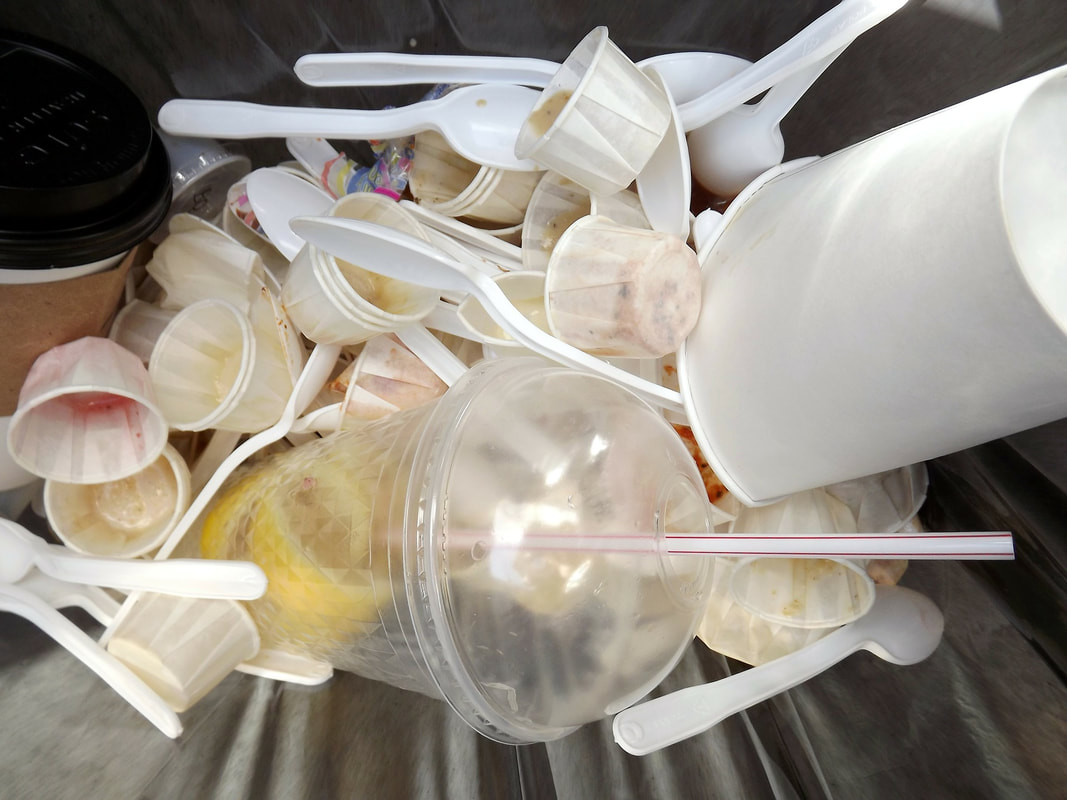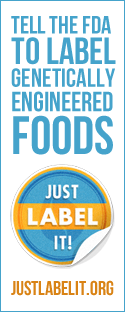|
This Could Be The Last (Plastic) Straw…! By Dwayne Reno Recently, some Toronto restaurants announced a short term ban on plastic drinking straws. The ban which took place in April stopped servers from giving out straws unless the customer requested one. While the ban was intentionally short lived it did manage to get the attention of Canadians who probably didn’t consider the harm that drinking straws have on our oceans and sea life.
In an article writing by Camille Bains for The Canadian Press, Karen Wristen, executive director of Living Oceans, which has worked to protect Canada's Pacific coast since the late 1990s, said "banning straws won't stem the tide of marine debris that animals often mistake for food. It won't make a dent in the use of single-use plastic that winds up as beach litter." So why did these restaurants in Toronto get together to put the blame on the plastic drinking straw? We'll in this article I would like to dive a bit deeper into why North American governments are trying to clean up their cities and what it could mean for foodservice operators and their customers. What’s the Beef with Drinking Straws? We all enjoy a sipping on our favorite specialty drinks from any of our favorite foodservice establishment but have you every considered the impact that tiny drinking straw or coffee stir stick may have on our oceans? That’s because many fast food chains understand that connecting with their consumers on all levels helps their business grow. This is why you will see waste bins separated at all fast food chains into garbage and recyclables. However, let’s face it fast food chains are huge wasters so letting customers feel that they are helping the environment when they chose to eat at a fast food location is a great way to connect with your customers. But how will consumers react when they find out that all the garbage no matter which bin it's placed in will end up in a landfill? This is because in last July, China’s government in an effort to reduce its own pollution notified the World Trade Organization that it will be banning some imports of solid waste, a ban which was implemented January 1, 2018. The recent ban by Beijing now prohibits the import of 24 varieties of solid waste and recyclables, including types of plastic and unsorted paper. Before January 1, 2018, China used to buy approximately two-thirds of North America's recyclables for processing but with China’s ban in place North American municipalities are left holding stockpiles of recyclables while they scramble to find new markets willing to buy it. Why are they doing this you might ask? Well, governments in both Canada and the U.S. have invested into facilities that process recyclables into neat stacks and send them overseas to China. China has been processing much of the world’s recyclables for many years now, and at a great cost to its own people and nation. Also, much of the waste sold to China is usually contaminated with broken glass, food or other things making the load worthless to Chinese processors. What do You do When No One Wants Your Garbage? The ban by Beijing presents a unique opportunity for North American governments, who for the past 20 years have profited off the waste generated by their citizens. Governments are going to have to rethink waste disposal if they want to get out of this mess. The only province in Canada not going through a garbage crisis right now is British Columbia (BC). The BC government has outsourced its recycling to a non-for-profit (Recycle BC) which is funded by the waste makers, such as manufactures, restaurants and grocery stores etc. This concept also helps to produce much less contaminated recyclables as BC uses a separate bin for all its recyclables whereas in Ontario we only use one. Contaminated recyclables has frustrated China over the years and is now being cited as one of the main reasons for the ban. In another innovative move by the BC government, Vancouver recently placed a ban on plastic drinking straws, takeout containers and cutlery. Vancouver became the first in Canada to prohibit plastic straws, polystyrene foam cups and take-out containers with the city's adoption of an early zero waste initiative – the Single-Use Item Reduction Strategy, HERE. Also, the city stated that it received support from large and small businesses and its residents in favor of the banning of foam cups and foam fast food containers, to reduce use of plastic and paper bags and disposable cups, and to ban the use of plastic straws. All of what falls under the new Vancouver ban are staples at many foodservice establishments. Foodservice businesses go through a lot of wrap, paper bags, plastic utensils, plates, bags and straws, and that doesn’t include the packaging waste generated by food supplies ordered in by restaurants. To help curve this waste generating trend, Chipotle recently announced that it's working to divert 50 per cent of its restaurant waste from landfills. The release also stated that since 2015 Chipotle has made significant strides towards reducing the amount of food and packaging waste bound for landfills, increasing its diversion rate from 31 percent that year to 40 percent in 2017. Caitlin Leibert, head of sustainability at Chipotle, stated that "increasing our waste diversion rate to 50 percent is an ambitious goal, but we feel it's important to be assertive in our efforts to advance our purpose." This new goal is in line with Chipotle's branding and may just help to close the gap between Chipotle and their competitors, HERE. When One Mans Trash is No longer Another Mans Treasure When you put all of these things into perspective you can see that the current ban by China is having a large impact on the North American foodservice industry. if you look at what is happening in British Columbia (BC) with the ban on single-use items and the push by Chipotle to divert even more of its food and packaging waste away from landfills, this could become the norm. Fast food chains know the importance of appealing to customers regarding the environment and will continue to adopt goals similar to that of Chipotle's. Also, with China’s ban in place municipal governments may soon start to adopt what is happening it BC, because it’s working and working very well. However, for now at least it seems municipal governments are still working with the mantra of "one mans trash is another mans treasure" while they try to find other emerging markets to sell their recyclables too. If that fails, don’t be too surprised when you hear your elected officials pitching strategies similar to Vancouver’s single-use item reduction policy. Until next time your customers want to know why they should spend money at your restaurant, bar or cafe so give them the goods!
1 Comment
6/10/2018 09:58:50 pm
It's the right time to be alarmed on the things that affect the Earth. The problems we have for plastics had become uncontrollable. It makes me sad because this world is getting worst because of our actions. Now that Toronto headed a new project that aims to eradicate the production of straw, I hope that this will be the start of something new! At the same time. I am hoping that other states would adapt the same practice so all of us will help Mother Earth retaining its beauty!
Reply
Leave a Reply. |
Advertisement
AuthorDwayne Reno CEO & Founder Social Chat Blog
Once a month, Building Block Associates serves up some food for thought with our foodservice Social Chat Blog. Archives
February 2019
Categories
All
|


 RSS Feed
RSS Feed


